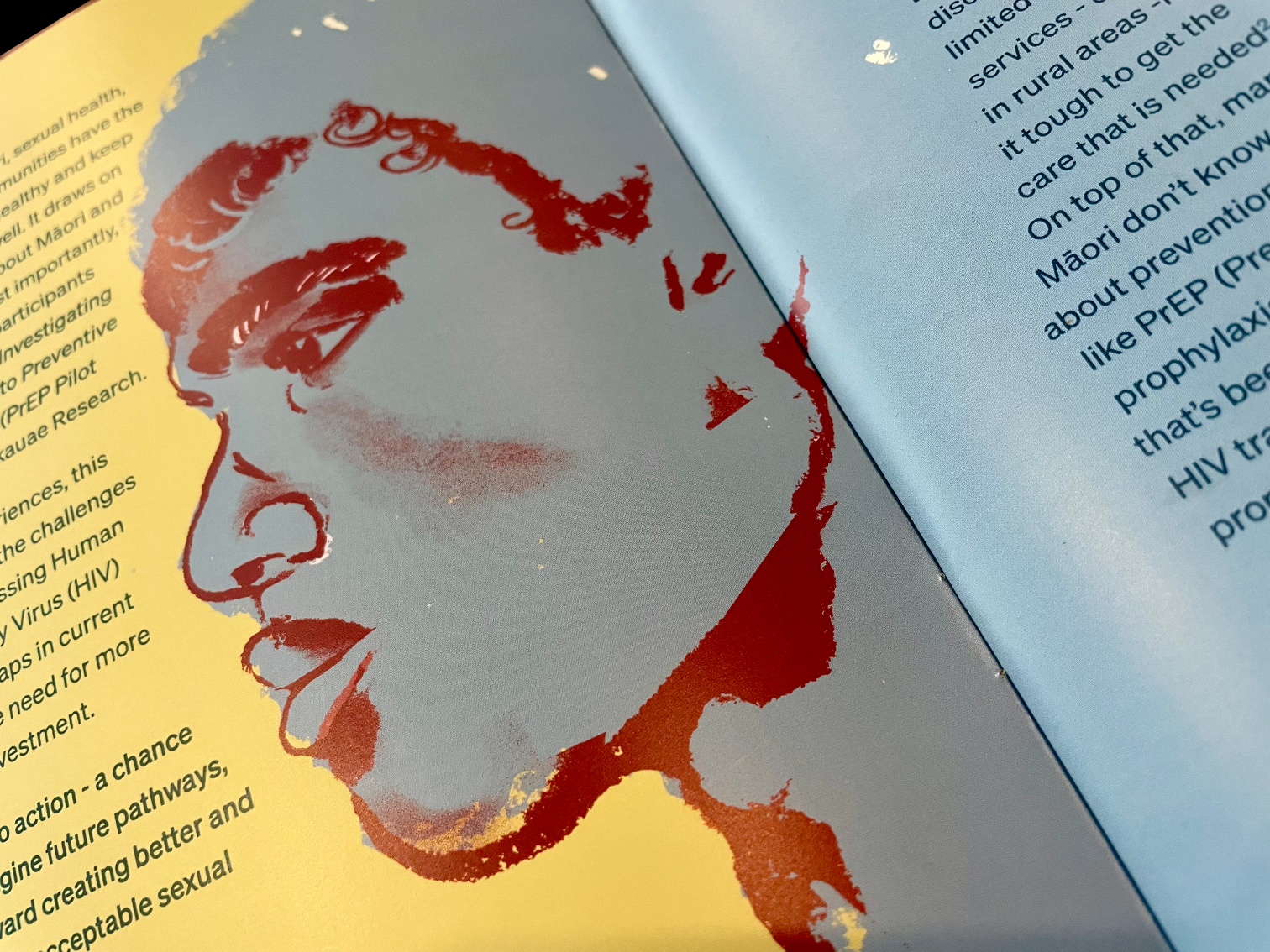Project Overview
This pilot project aimed to inform a future three-year study focused on improving HIV prevention strategies for Māori. It explored the experiences of Māori accessing HIV preventive services, particularly Pre-exposure Prophylaxis (PrEP), to identify both the barriers and enablers to equitable uptake. Central to this project was the use of culturally grounded approaches that centre Māori voices and reflect the diverse realities of our communities.
Key objectives included:
- Exploring experiences of individuals accessing HIV preventive services
- Identifying barriers and enablers to PrEP uptake
- Informing equitable, culturally appropriate service delivery
What We Did
Since the last update, the project has progressed significantly and is now nearing completion. The following key milestones have been achieved:
- Completion of In-Depth Interviews: All planned interviews were completed, capturing the nuanced experiences of Māori engaging with or considering PrEP. These rich qualitative insights have formed the foundation for our findings.
- Development of Knowledge Translation Resources:
- A poster highlighting emerging findings was created as an informational resource for our research partners and other providers.
- One community-facing booklets was created to promote awareness and support around HIV prevention and PrEP for Māori.
- A technical report summarising the study and its key findings is currently being finalised. This will provide stakeholders with a detailed overview of the research outcomes and practical recommendations.
- A peer-reviewed journal article is in development, aiming to contribute to the academic literature on equitable HIV prevention in Indigenous contexts.
Emerging Findings
Analysis of the interview data has reinforced several key themes:
- The Need for Culturally Safe, Whānau-Centred Services: Participants highlighted that HIV prevention efforts must be grounded in mana-enhancing, Māori-led care environments that reflect tikanga Māori.
- Stigma and Silence Remain Barriers: Despite increased awareness, whakamā and fear of judgement continue to discourage many from seeking sexual health services or asking about PrEP.
- Trust, Relational Care, and Continuity Matter: Participants emphasised the importance of relationships of trust with providers, as well as holistic care approaches that respect and uphold their identities and lived experiences.
Where To From Here?
As the project wraps up, our next steps include:
- Finalising the technical report and sharing it with advisory group members, participants, and stakeholders.
- Publishing a journal article that elevates Māori voices and contributes to ongoing discussions around HIV prevention in Aotearoa.
- Sharing findings through a series of targeted dissemination activities.
This pilot has been instrumental in laying the groundwork for future Māori-led HIV prevention research, highlighting the strength of kaupapa Māori approaches in addressing health inequities and guiding more effective, culturally grounded care.



